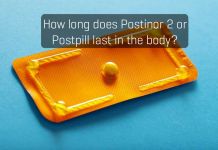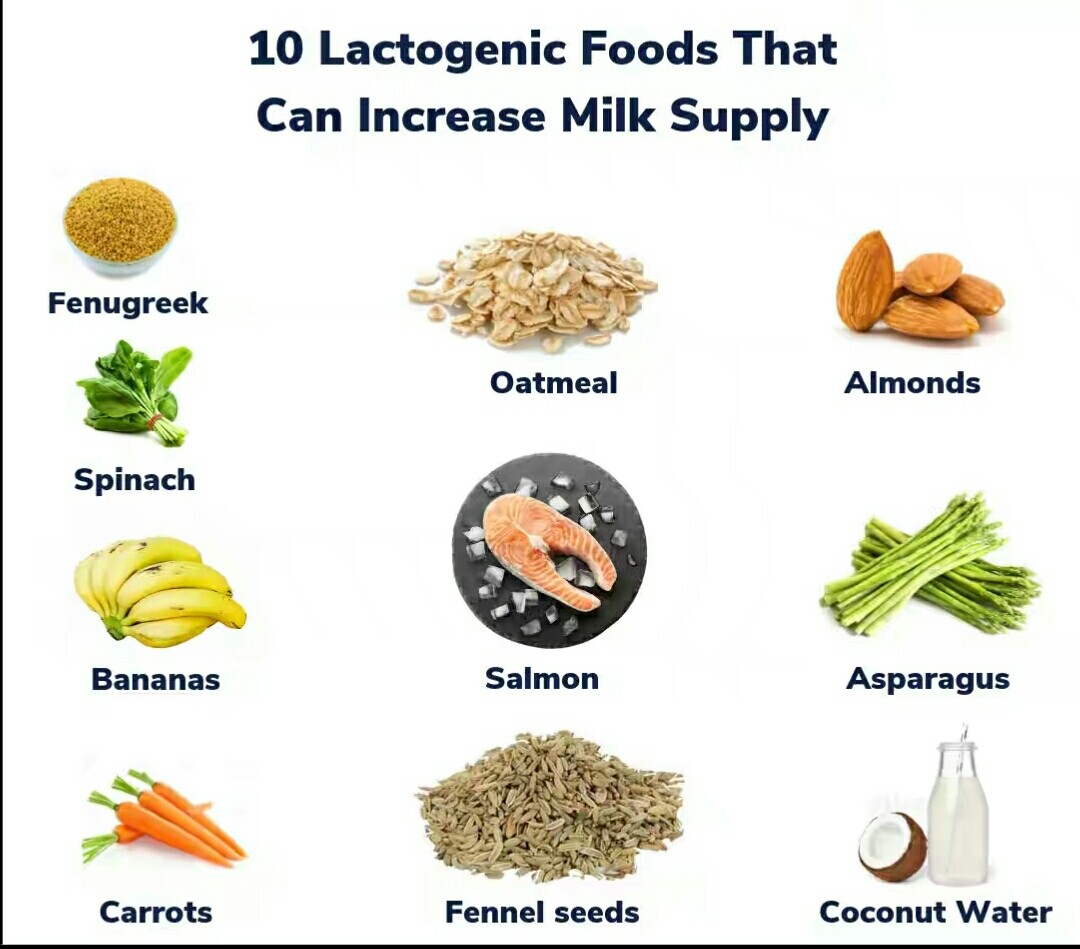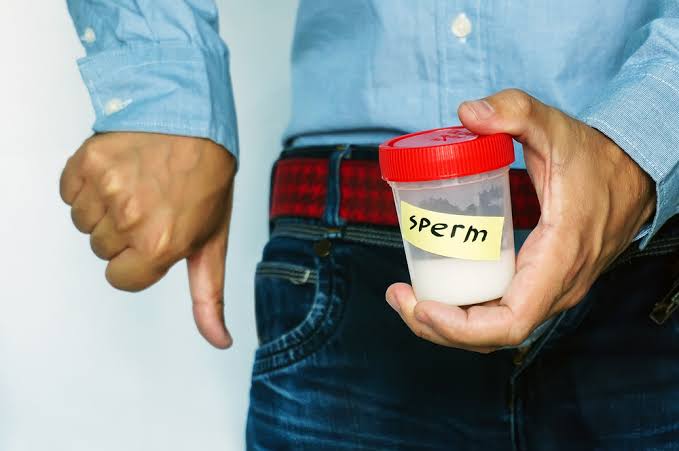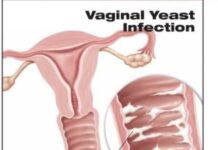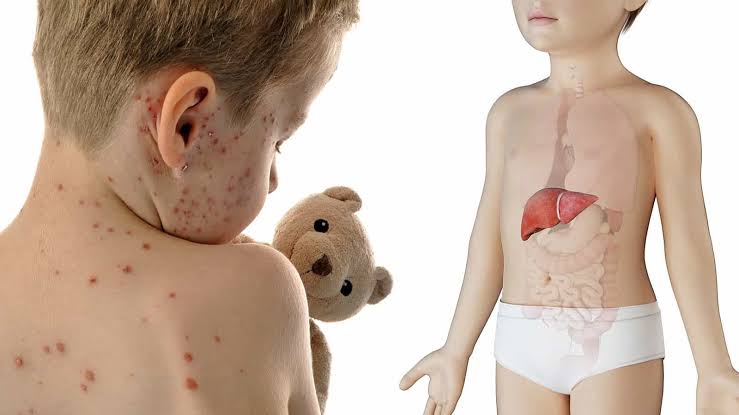Reye’s Syndrome: The Reason Why You Not Give Aspirin To A Child Under 16 years
Never give Aspirin to a child under 16. It can trigger a serious medical condition in that child than you can ever imagine.
In a child who has a fever, giving him/her Aspirin can cause a fatal condition called Reye Syndrome. A disease that can kill the child. Do not give aspirin to a baby or newborn either.
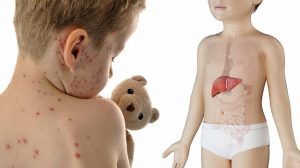
Credit: Power of Positivity
Reye’s syndrome is a rare but potentially life threatening medical condition which causes swelling and inflammation in the liver and the brain.
It commonly affects children and teenagers under 20years old who are recovering from a viral infection, such as catarrh, cold, flu or chickenpox.
Symptoms of Reye Syndrome includes:
•Repeated vomiting
•General tiredness
•Fast breathing
•seizures/convulsions
•irrational talk
•aggressive behaviour
•severe anxiety and confusion
•hallucinations
•coma/loss of consciousness.
•and eventually death.
This is the pattern.
What causes Reye’s syndrome?
The exact cause of Reye’s syndrome is unknown, but scientists have found out that in some children and young adults under 20, who are given Aspirin for a viral infection such as cold, catarrh or chickenpox, the children develop Reye Syndrome and die.
In some cases, Reye’s syndrome may be an underlying metabolic condition that was unmasked by a viral illness. Exposure to certain toxins — such as insecticides, herbicides and paint thinner — also may contribute to Reye’s syndrome.
Reye syndrome is believed to cause a damage to the powerhouse of cells called mitochondria.
If the powerhouse of liver cells are damaged, there’s buildup of toxic chemicals in the body- which lead to a life threatening emergency and cause death as the toxins attack the body.
Complications of Reye Syndrome
Apart from death,even children who survive Reye syndrome can have permanent brain damage or a liver failure.
•poor memory
•poor performance in school
•blindness
•deafness
•speech problems
•problems with movement
•difficulty swallowing
•Even problems with simple tasks, such as dressing up.
So the main advice here is:
NEVER give Aspirin to a child under 16 years old. Especially a child with a fever or a rash.
You can trigger a condition called Reye syndrome which can cause permanent brain damage
or liver damage for that child and lead to death.
This is a life saving information.
Paracetamol or Ibuprofen is safer for fever in children instead of aspirin
If your child has a fever or a rash,
Give paracetamol or ibuprofen,
And call your doctor immediately.
Doctors may prescribe aspirin in certain medical conditions in Children
Do NOT give Aspirin
(Except your doctor says so-
because there are a few conditions in children where doctors may give aspirin). A perfect example of a medical condition where doctors will prescribe aspirin for your baby is Kawasaki disease – a rare skin and blood vessel condition.
But YOU must never ever give Aspirin yourself.
Other names of Aspirin you should know…
Aspirin comes in different forms and names and it is important you know them so as not to make the mistake of giving your child aspirin.
They are:
1. Acetylsalicylic acid
2. Acetylsalicylate
3. Salicylic acid
4. Salicylate
Take note of these names
Author: Dr Olufunmilayo
Contribution: Dr Udomoh




